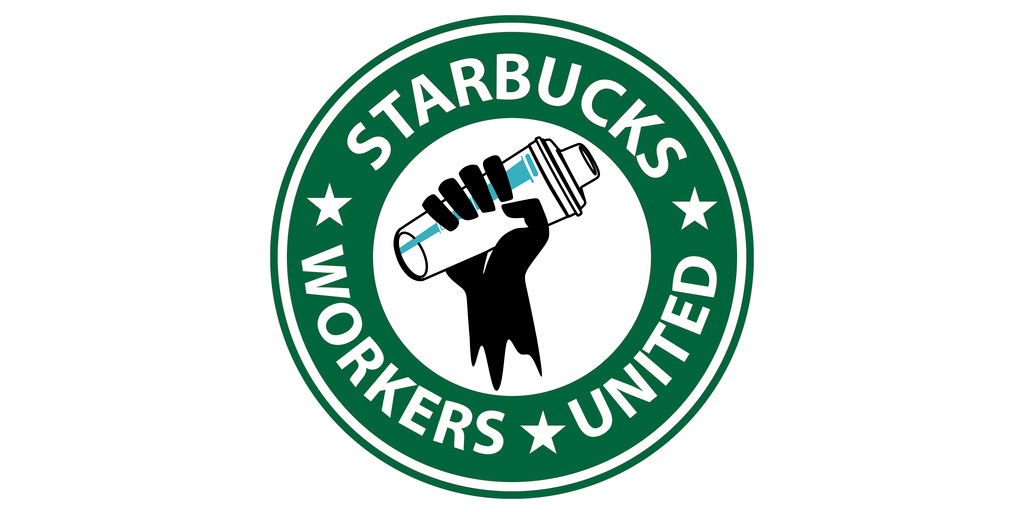04/17/2025: ALJ Dings Starbucks for Changing Dress Code Without Bargaining
The ALJ did not find the change to be motivated by antiunion animus.
Starbucks Corporation, JD-30-25, 12-CA-321037 (ALJ Decision)
This case involves a dispute between Starbucks Corporation and Workers United, Southern Regional Joint Board, regarding a store in Jacksonville, Florida (the "Ricky Drive store"). The union was certified as the bargaining representative on May 20, 2022. The case centers on Starbucks' enforcement of its dress code policy.
The ALJ found that prior to June 2023, the dress code policy prohibiting non-Starbucks graphic t-shirts was not enforced at the store. Employees regularly wore union shirts and other non-Starbucks t-shirts with graphic designs without repercussion. Store managers, including Store Manager Peterson, observed these practices and took no action.
On June 22, 2023, District Manager Kelly visited the store and directed shift supervisors to enforce the dress code policy that prohibited non-Starbucks graphic t-shirts. At a June 23 meeting, Kelly and Peterson announced they would be "realigning" with the dress code policy. When employees raised concerns about their federal right to wear union shirts (referencing an NLRB poster), Kelly responded it was not his job to interpret federal law but to enforce Starbucks' dress code.
After this meeting, Starbucks began disciplining employees for wearing union t-shirts, requiring them to change or receive written warnings. The disciplinary actions included documented coaching and written warnings.
The ALJ analyzed whether this constituted an unlawful unilateral change under Section 8(a)(5) and (1) of the National Labor Relations Act. The ALJ found that Starbucks had a duty to maintain the status quo regarding mandatory subjects of bargaining after the union's certification, even if that status quo differed from written policies. The stricter enforcement represented a "material, substantial, and significant change in a mandatory subject of bargaining" because Starbucks issued discipline pursuant to it.
The ALJ concluded that Starbucks violated Section 8(a)(5) and (1) by announcing the stricter enforcement and by issuing discipline without first notifying the union and providing an opportunity to bargain. However, the ALJ dismissed allegations of Section 8(a)(3) and (1) violations (retaliation against union activity), finding insufficient evidence that anti-union animus motivated the enforcement.
For remedies, the ALJ ordered Starbucks to cease and desist from the violations, bargain with the union before implementing changes, restore previous terms and conditions, make employees whole for any losses, offer reinstatement to discharged employees, remove disciplinary references from files, and post appropriate notices.
Significant Cases Cited
NLRB v. Katz, 369 U.S. 736 (1962): Established that unilateral action by an employer without prior discussion with the union amounts to a refusal to negotiate.
Wendt Corp., 372 NLRB No. 135 (2023): Reaffirmed that employers cannot defend unilateral changes by citing past practices from before union representation.
Ferguson Enterprises, Inc., 349 NLRB 617 (2007): Held that unilateral changes accompanied by threat or imposition of discipline violate the Act regardless of whether otherwise material.
St. John's Community Services-New Jersey, 355 NLRB 414 (2010): Established that stricter enforcement of extant work rules is subject to notice and bargaining.
Wright Line, 251 NLRB 1083 (1980): Set forth the analytical framework for assessing the lawfulness of adverse employment actions based on employer motivation.

